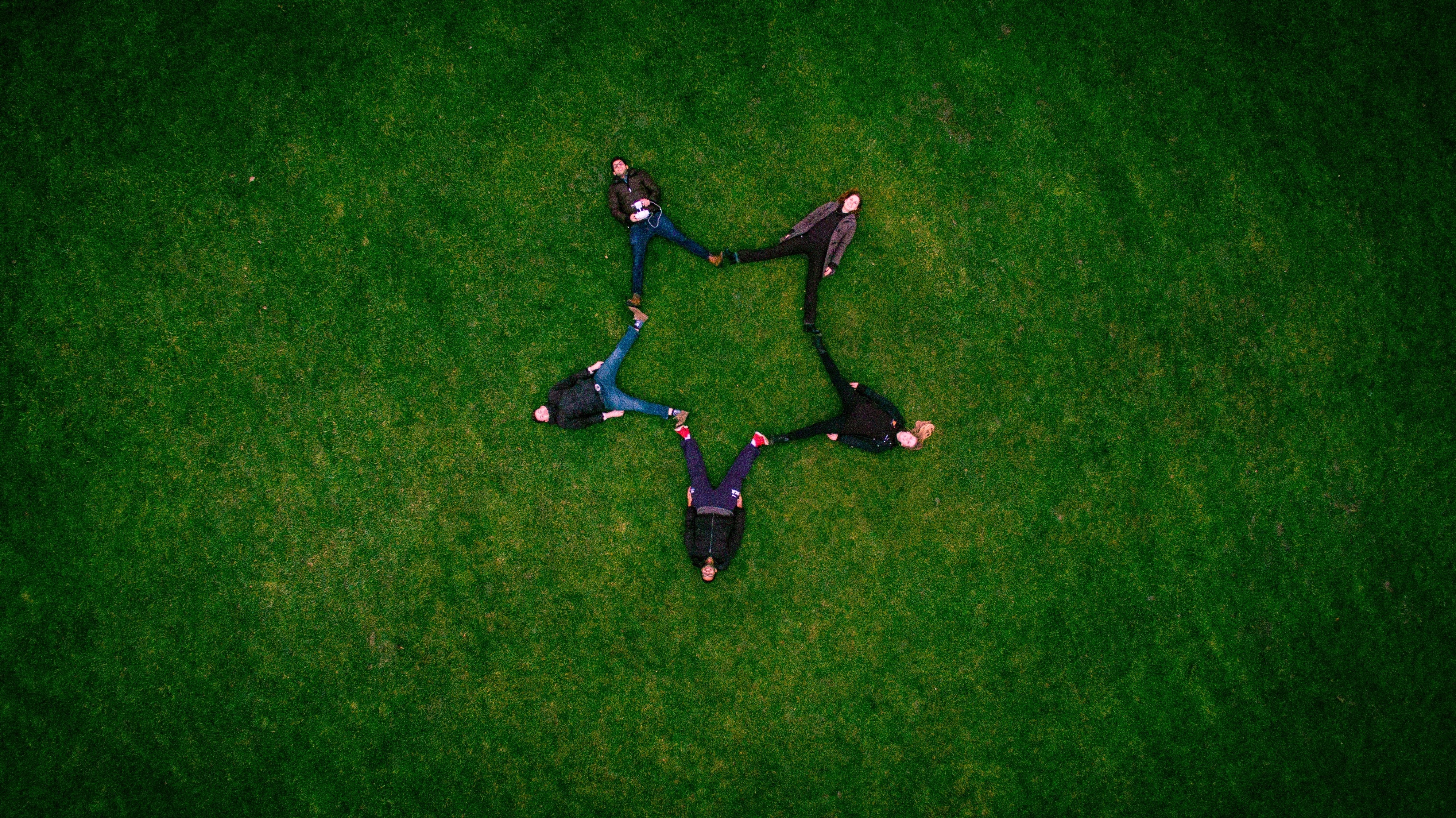We all the know the old saying, the mantra of countless managers. There’s no ‘I’ in team. And of course, its true.
There is a ‘ME’ though. And that’s important.
Its important to recognise the fact that we’re not all the same. We all have distinct strengths that we can bring to the table. To build effective, productive teams, we need effective and productive team members. We need self motivated, self-aware people in our team. People who know themselves, and are aware of what they can bring to the collective effort of their team. People who understand their role and how it fits in with that of their colleagues. Teams need driven and determined people who want the best for themselves, but who also understand the importance of wanting the best for others.
We’re pre-conditioned to think first of self, from the most basic human conditions such as physical motivations: eating and drinking, through to self- actualisation needs: thinking, decision making, fulfilment and helping others. Abraham Maslow’s research into these human motivations, published in his 1954 book Motivation And Personality has informed many management training seminars on this over the years. For leaders or managers, this is all very familiar territory.
Although we have these inbuilt motivations as part of our natural make up, its always wise to remember we evolved as members of a pack. Being stronger together motivates us as individuals. We all like to think we’re the sort of person who leaps out of bed each morning, in the eager rush to hit the ground running and get to work, when in reality, the truth is we’re all just as likely to hit the snooze button for five more minutes. By communicating and collaborating with others, and keeping that connection strong, we can build on our individual professional development as well as our personal motivations. We all want to move forward and to improve, after all.
A healthy sense of competition can be a powerful driving force in teamwork, and this is where the self-awareness of the team members comes into play.
We know what we add to the team, the skills we bring and what we do best, and we’re motivated to become better. This is also where we’re able to maximise the impacts of our strengths towards the common goals of the team. By being aware of these strengths, we’re always better placed to see the strengths in others.
How do we become self-aware, though? Honestly? Well, we need to question and make demands of ourselves constantly. What do we contribute? Do our skills match those of our colleagues? How are those skills used by the team, and how could they be better used? How do we deal with positive/negative feedback? Can we use our skills properly when it comes to resolving conflict easily? Do we use it to make a difference? The way we look on these questions determines how well motivated we become and how well motivated we remain. Teamwork is everything, and our self-motivation a valuable tool in that.
It has to start with self. There has to be an ‘I’, a ‘me’. We can all benefit and find ways to grow through the group dynamic. There’s no ‘I’ in team, true. There’s not only a ‘me’ though, there’s a whole group of ‘me’. The team is stronger when every member has a knowledge of themselves. When everybody’s ‘me’ is motivated, the team is stronger, better, and more productive. Its all about ‘me’.
This article is part of our larger guide all about Team Management.




